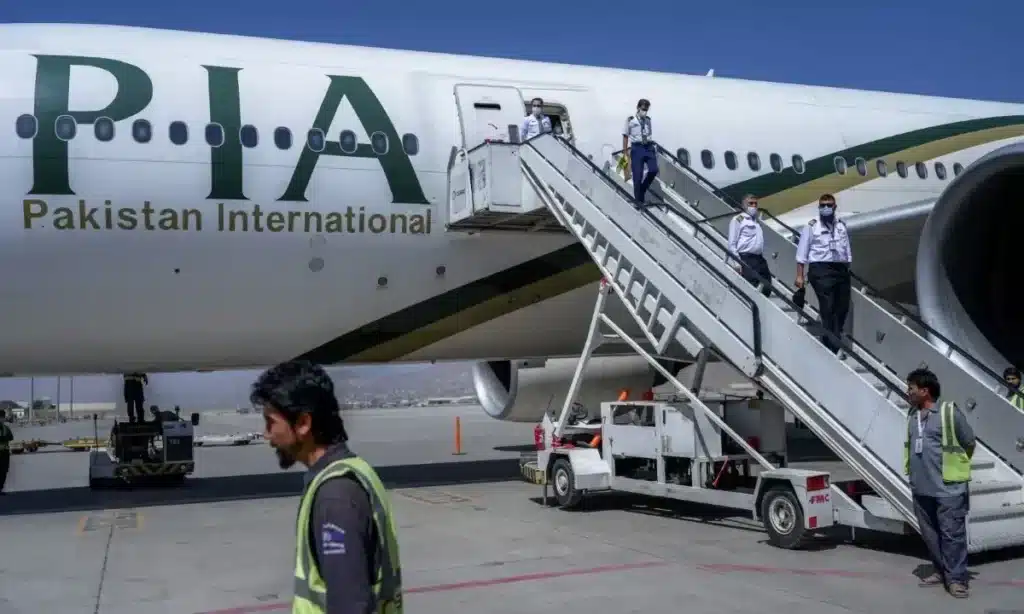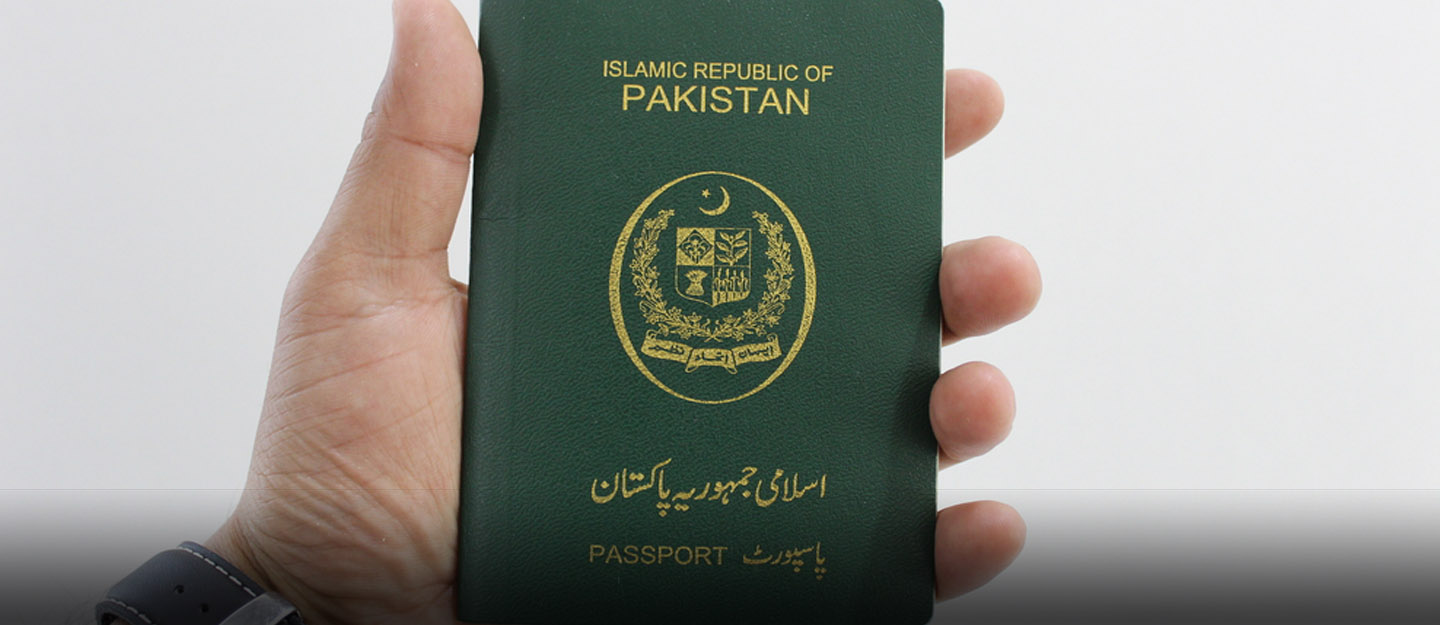An audit by the Auditor General of Pakistan (AGP) has revealed that Pakistan International Airlines (PIA) incurred a massive loss of Rs9.43 billion between 2011 and 2016, largely due to the misuse of free and heavily discounted tickets. The findings point to serious lapses in oversight, governance, and financial controls within the national carrier.
Thousands of Free Tickets, Heavy Discounts
According to AGP’s report, PIA issued over 258,000 free tickets during this period. Shockingly, many recipients had no official or professional link to PIA, indicating widespread exploitation of free ticket policies. This practice alone led to enormous revenue shortfalls.
In addition, PIA sold approximately 116,000 tickets at deep discounts ranging from 50% to as high as 95%, often without proper authorization. Neither the Chairman nor the Managing Director is reported to have approved many of these discounts. Such procedural lapses further amplified the company’s losses.
Governance Failures and Delayed Accountability
The AGP highlights that despite repeated warnings, PIA did not take corrective action until 2018. Between 2011-16, there were no effective internal inquiries or board meetings addressing these irregularities. Governance failures— such as bypassing required approvals—accentuated the loss and damaged institutional credibility.
Despite the audit’s findings, the practice of issuing free and discounted tickets had reportedly been stopped following a Supreme Court directive in 2018. PIA claims that the earlier policy had been introduced as part of an agent incentives program intended to boost ticket sales, but which gradually got misused.
Response and Current Status
A PIA spokesperson has acknowledged the audit’s observations, noting that they are historic. According to them, since 2018 the free/discounted ticket policy has been discontinued. Currently, the matter is under review by the Departmental Accounts Committee in the relevant ministry.
Meanwhile, the AGP audit emphasizes that there must be stronger accountability mechanisms, improved governance, and stricter oversight to prevent similar financial bleeding in the future.
Implications for PIA and the Aviation Sector
The implications of the PIA audit loss stretch beyond just financial loss. First, recurring losses harm public trust in PIA—already under pressure for operational inefficiencies. Investors, stakeholders, and the public expect transparent practices.
Second, the airline’s financial instability may increase its reliance on government bailouts or subsidies. When state funds are used to plug such holes, taxpayers ultimately bear the cost.
Third, this audit raises broader concerns for the aviation sector in Pakistan. If other airlines, or other public entities, have similar unchecked practices, there could be systemic risks. Better regulatory oversight, clear rules for discounts/free fare policies, and internal audit capacities are essential.
Forward Steps: What Needs to Change
To avoid recurrence, PIA must:
- Establish and enforce strict rules and limits for free tickets and high discounts.
- Ensure that all discount/free ticket approvals go through senior leadership (MD, Chairman) and that the process is documented.
- Increase internal audits and transparency, including public disclosure of such practices.
- Ensure that policies meant to boost sales or customer loyalty do not morph into unchecked revenue loss channels.
Furthermore, government agencies responsible for regulating aviation and public finance should take note. Implementing oversight reforms, emphasizing accountability, and ensuring past lapses are not repeated will be crucial.
Conclusion
The AGP’s findings on the PIA audit loss highlight the consequences of governance weaknesses and unchecked discount practices. With Rs9.43 billion lost over five years, the audit demands not merely recognition, but action. For PIA to restore financial health, credibility, and trust, it must strengthen governance, improve oversight, and ensure policies intended for growth are not misused. Only then can the national carrier prevent losses of this scale in the future.







